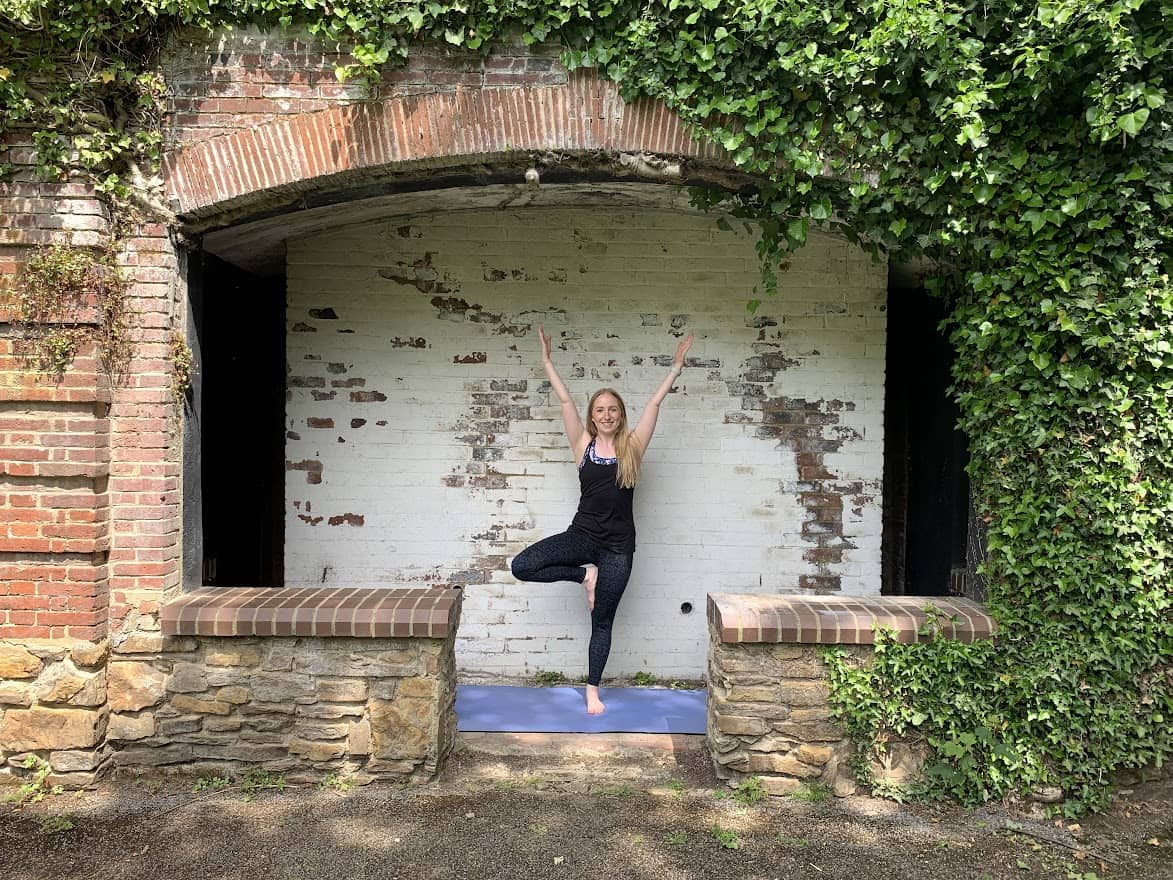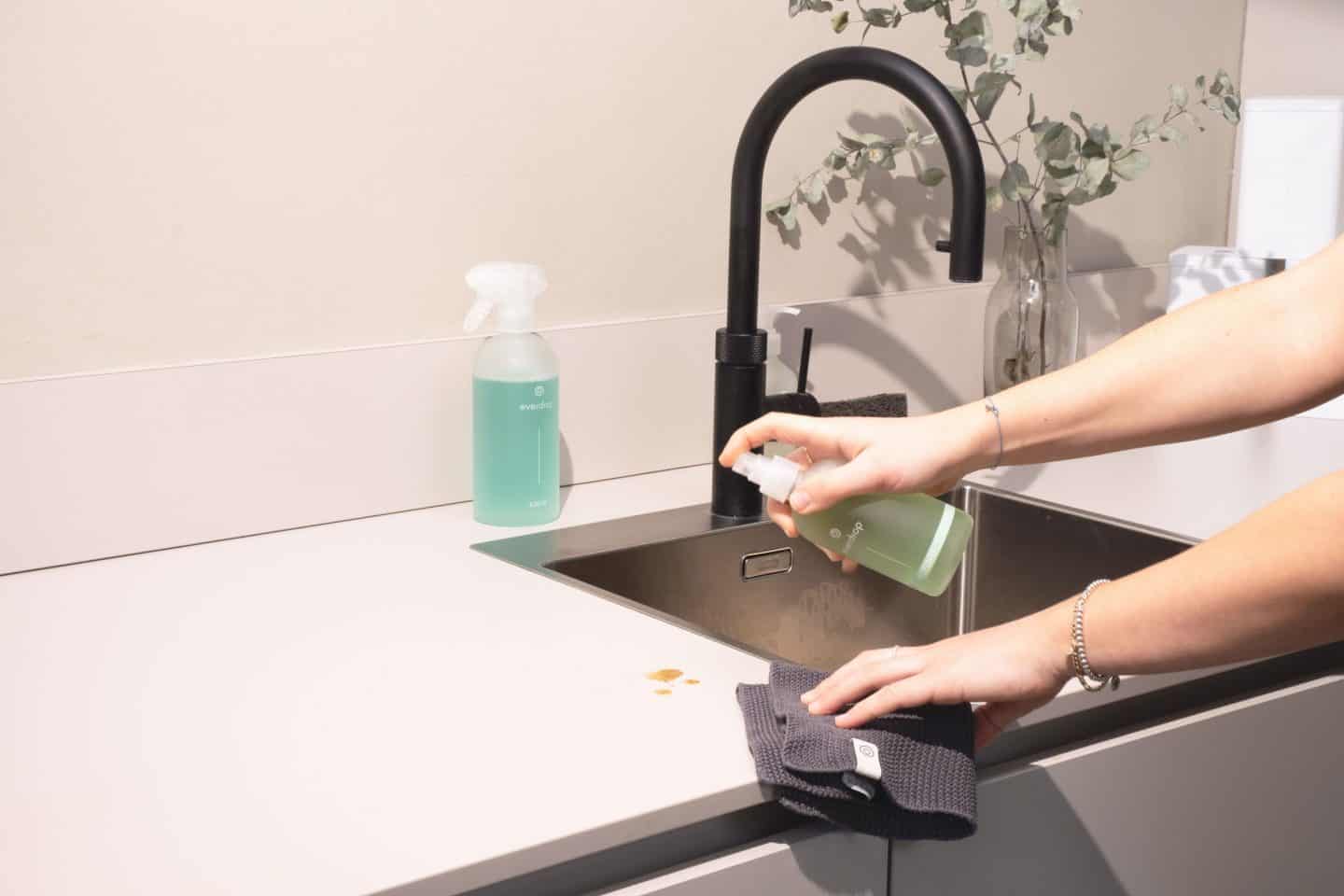Is anyone else tired of the sleep brigade? I feel exhausted just listening to people telling me that I need to get more sleep!
I find it frustrating when I see influencers and podcasters sharing statistics on how important sleep is, because I genuinely don’t believe that it will change sleep behaviour.
Generally, prioritising my sleep won’t help me to get more sleep. As someone who struggles with sleep, going to bed earlier only means that I lie awake unable to sleep, and so I tend to end up staying awake much longer than if I had just gone to bed at my usual time.
I do not have children, but I can only imagine how frustrating it must be for new parents to hear scary statistics about the impact of sleep deprivation on the body.
And how about socialising? Is the sleep brigade here to tell us to decline invitations to see friends for dinner? Some of the happiest memories can form in the late-night chats, pub doors closing or even silly antics on a now-rare night of clubbing.
Let’s change the narrative about sleep.
I recognise that sleep is important, yes.
I support any and all practical tips and tools that enable people to get more sleep.
But let’s stop the scaremongering statistics, shall we?
When your sleep is about as optimal as it can be, and your energy levels still are low, what can you do?
Your energy levels don’t work like a battery
I often tell my yoga clients that your energy levels do not operate like a phone battery.
With your mobile phone (or cell phone, if you’re in the US), when the battery depletes, you plug it in, it recharges, and carries on.
The human body does not operate in the same way.
Your energy levels are impacted by so many more factors.
Think about a time when you looked at your to-do list and felt overwhelmed by how much you had to do, and how little time you had available. Did you feel exhausted just looking at the list?
Now, think about a time when you over-ate a giant pizza (or insert-other-carb-heavy-takeaway-food-here) – did you want to nap afterward?
Your energy levels are impacted by your mental and emotional state, by the food you eat, your body’s movement or activity level, and so much more.
This might sound complicated and confusing, considering how many overlapping factors can impact your energy.
But it also means there are plenty of ways that you can boost your energy without going to bed earlier.
Here are my favourites…
1. Try yoga nidra to restore your energy
Yoga nidra can be a misleading title, since many people think of yoga as movement. In fact, yoga nidra means ‘yogic sleep’, and is a type of meditation or relaxation that helps you to drift into a sleep-like state.
For many people, yoga nidra helps them to access a meditative state that is between being asleep and awake.
For me, I find that I tend to drop into a deep sleep in any yoga nidra that lasts longer than around 8 minutes. Personally, I have found yoga nidra to be helpful on days when my nervous system is so jacked up (in fight-or-flight mode, running on adrenaline) that I know underneath it that I must be tired, but because I haven’t stopped and I have just kept on going.
The easiest way to try yoga nidra is to simply search online for a recording, and listen to it through your headphones. There are many recordings available on YouTube or on the app Insight Timer.
2. Delay your caffeine intake to 2 hours after waking

Caffeine, however, inhibits this process of clearing out the sleepy hormones. At the same time, caffeine gives you a nice dose of caffeine energy to wake you up. So, you feel more awake, but as soon as the caffeine wears off a few hours later, all the adenosine is still swirling around your body. Hence the mid-morning slump.
So, what do you do mid-morning? Drink more caffeine. The cycle continues.
Until 3pm hits, when you decide you shouldn’t drink more caffeine, and you struggle through the rest of your day in a sleepy haze.
Instead, if you can delay your caffeine intake by 2 hours after you wake, your body naturally goes through the cycle of clearing the adenosine out of your system, your cortisol keeps you alert, and you break the snoozy cycle.
3. Work on your posture to boost your energy

I want to be crystal clear on this: sitting up straight all day is exhausting. I am not advocating this.
Instead, I am suggesting that your use your exercise programme to improve your posture, so that your natural resting ‘default’ posture is one that is better aligned.
Good posture means that your joints are well aligned. When this happens, your body more easily re-distributes force, and the systems of the body are more efficient. This includes your digestive system, your nervous system and respiratory system. When your systems are more efficient, it means it takes less energy for the systems to operate. See the link to energy now?
Then, during the day, I recommend taking regular movement breaks throughout the day to shift your body’s position. Regular movement prevents your body from getting ‘stuck’ in a particular position – usually the one where you are sitting, shoulders rounded forward, head tilted forward to look at your screen!
(Plus, improving your posture has so many benefits beyond just boosting your energy levels. I wrote about why posture is important here.)
4. Level up your relaxation with rest that restores
It’s important that we counter activity not only with sleep, but with rest that restores. When you are feeling tired, it’s tempting to rest by scrolling social media and watching tv. If you have time to do those things, it doesn’t necessary result in you feeling more rested and re-energised after doing those activities. Often, those activities are ones which require low energy, and so they kill your time between work and sleep.
My favourite way to make sure rest time is restorative is through slow yoga practices. Practices like yin or restorative yoga help the nervous system to relax and settle down.
Offline activities are also great for restoring your energy – try playing some music and doing colouring. And yes, colouring is not just for kids! It can be a way to mindfully express your creativity.
I also love completing giant dot-to-dots or jigsaw puzzles, which require the mind to focus, but it is in a calming, soothing way that doesn’t involve staring at a screen.
5. Reduce your mental load by outsourcing (what you can)

Outsourcing tasks sounds like a privilege reserved for the super-rich. And if you have grown up hearing messages around money like ‘waste not, want not’ or ‘money doesn’t grow on trees’, you might flinch at the idea of spending money on something you can do for free yourself. Here’s what changed my mind…
Historically, men would (primarily) work to earn money, meanwhile women would (primarily) work in the home.
I say primarily because I’m sure many men helped in the home, many women took on extra tasks that brought in a paid income, and many people fit outside of that heterosexual societal bubble. But looking at how society was organised, this was the principle on which households typically operated.
Now that women have entered the paid workforce in large numbers, the responsibility for household labour is split amongst everyone who lives in that household.
Household labour is unpaid labour, but it’s still labour.
So, you now have an income from your paid labour, and a number of tasks you are required to complete that are a mix of paid and unpaid labour.
Financially, does it not make sense to use some of your income to outsource tasks that are not revenue-generating? You can then use the time you have created either to complete revenue-generating tasks, or to rest so that you can be more efficient in revenue-generating tasks.
Now, a part of me also hates this analogy because it ties into the narrative of constantly striving for more, optimising every penny for maximum productivity and output.
However, I wanted to explain this concept in a way that makes sense for those of you who have a ‘money doesn’t grow on trees’ mindset.
There is, of course, value in outsourcing to simply give you time to rest and restore!
But what do I mean by outsourcing?
Outsourcing is any task that you can pay someone else to do on your behalf.
Here are a few areas to look at:
- Household cleaning or gardening
- Hiring a dog walker
- Using a meal delivery service
- Laundry services – there are many pick up and drop of services for laundry tasks like washing, dry cleaning and ironing
But what if you cannot afford these services?
I recognise these services are a privilege, and I’m not saying here that everyone should buy into everything on this list.
Instead, I’m saying you should consider outsourcing once you have the budget to do so. Start with the items that take up the most time and mental energy to deal with, and clear them off your plate.
Personally, when I realised how much time I was spending each week not only cleaning, but thinking through all the household cleaning that needed to be done. Each day I was planning tasks into my schedule and wondering how I was going to fit it all in.
So, instead, I hired a cleaner once per week, and the rest of the week I can sit back and relax, knowing that even when dirt builds up, its only a few more days until the cleaner is back again!
Plus, you can start pretty cheaply!
Do you have a teenage neighbour who wants to earn some pocket money by cutting your lawn?
Do you have a product or service you could trade with a friend or family member in return for walking your dog?
Reducing the mental load is critical, particularly for women. According to the BBC:
“There is an increasing body of research indicates that, for household responsibilities, women perform far more cognitive and emotional labour than men.”
So, by outsourcing this work and making sure the financial burden is paid for equally within a household, it’s an opportunity to reduce the mental load, and you can remind yourself you are supporting a more equal society in the process!
So how does this tie into energy?
As I said at the beginning, there is a psychological component to your energy levels. It can be exhausting thinking through the many different tasks on your plate.
The more you can delegate, the more time you have available to rest and the less time you are spending planning and organising tasks.
Freeing up mental capacity can help you to feel calmer, less stressed, and therefore boost your energy levels!
Let’s take a holistic approach to energy
In conclusion, while sleep is undoubtedly important, it’s not the sole solution to feeling restored and re-energized.
The key lies in understanding that our energy levels are influenced by various factors, including our mental and emotional state, diet, physical activity, and rest.
Rather than succumbing to the pressure of getting more sleep, we can explore alternative strategies to boost our energy.
Engaging in practices like yoga nidra, delaying caffeine intake, improving posture, and indulging in restorative activities can all contribute to revitalizing our energy levels. Additionally, outsourcing tasks that weigh us down can alleviate the mental load and create more space for relaxation and rejuvenation.
By embracing these approaches, we can redefine the narrative and discover a more holistic way to restore our energy and live a vibrant life.
Remember, it’s not just about sleep; it’s about embracing a well-rounded approach to self-care that nourishes both body and mind. So, let’s prioritize our energy (not just an early night!), explore new possibilities for boosting our energy levels, so we can unlock the vitality that awaits us.



